Restaurant owner Joel Cervantes found himself in this situation one day while driving in the Little Village neighborhood of Chicago. Heartbroken by the scene, Cervantes stopped and approached 89-year-old Fidencio Sanchez, who was selling “paletas” (popsicles) from his cart. Cervantes asked Sanchez for 20 paletas and paid him $50, about $20 more than the price of the product. Sanchez was extremely grateful.
The encounter could have ended there, but Cervantes felt moved to do more. He later learned that Sanchez was a Mexican immigrant who had been pushing his popsicle cart for 23 years. He and his wife Eladia were compelled to keep working at such an advanced age because their daughter had died and they were left as the sole caregivers for their grandsons.
Cervantes posted on Facebook a picture he had taken of Sanchez, hoping that others would share his sympathy for the man’s long-suffering labor. Social media responded with overwhelming concern. One person in particular, Jose Loera, suggested that they start a GoFundMe campaign to try to ease Sanchez’s struggle. So, Cervantes and Loera set a goal of $3,000, and they kicked off the e-crusade.
The outpouring of support far exceeded anything the two altruists could have imaged. Within a few days, benefactors gave hundreds of thousands and dollars. By the end of the campaign more than 17,000 people from 69 countries contributed a total of $384,290. An attorney agreed to work pro bono to establish a trust and help the couple manage their incredible endowment.
One person who contributed to the GoFundMe campaign, Kay Vasquez, recounted how she and her husband had happened upon Sanchez on a trip to back to Chicago and the Little Village, where she had been born. They bought meals for him and his wife and gave them to him along with some money. Sanchez was extremely grateful, wanting the good Samaritans to take some popsicles, but they wouldn’t. Vasquez couldn’t stop crying as she thought how hard the elderly Sanchez was working to care for his family, even as much younger and healthier persons just look for handouts.
While Sanchez’s situation elicited some truly heartwarming acts of human kindness, one might wonder what this story has to do with marketing. Well, there are many different things that can be marketed. We usually think of the marketing of tangible products (‘goods’), or intangible products (‘services), but individuals and organizations also market ideas: concepts they want others to adopt.
GoFundMe markets thousands of different concepts ranging from enabling families to rebuild their lives after a devastating fire, to allowing newlyweds to start their lives with a special honeymoon, to providing life-saving medical treatment to those suffering from a serious sickness. What do all of these funding campaigns have in common? Each gives individuals the opportunity to understand the unique needs of others and to do something large or small to support them. In other words, GoFundMe markets empathy.
In another headline-grabbing story of kindness, a repo man in Illinois, Jim Ford, setup a GoFundMe account for an elderly couple whose vehicle he had to reclaim. The campaign quickly exceeded its goal, allowing the couple to get their car back so they could continue getting their medications from the drugstore and food from the grocery store.
In an age of selfies, personalized products, and the fear of missing out (FOMO), the focus of so many lives is on ‘me.’ It seems extraordinary, therefore, for an organization to promote a value proposition based squarely on supporting others. A sense of selflessness, however, is at the heart of GoFundMe’s business model.
That kindness doesn’t mean that people gain nothing from giving money to Sanchez or hundreds of other GoFundMe campaigns. Deep satisfaction often flows from helping individuals in need, and a sense of pride can come from doing good deeds. There’s nothing wrong with receiving such intangible returns on investment. As Proverbs 11:17 reminds, “Kindness is its own reward . . .”
Being moved by compassion and finding creative ways to help others in need are distinctively human behaviors that people have practiced for millennia. Through its interactive website, GoFundMe has brought these acts into the digital age, enabling aid to transcend geographical boundaries and established networks. By marketing empathy, GoFundMe offers an excellent example of “Mindful Marketing.”
Learn more about the Mindful Matrix and Mindful Meter.
Check out Mindful Marketing Ads and Vote your Mind!


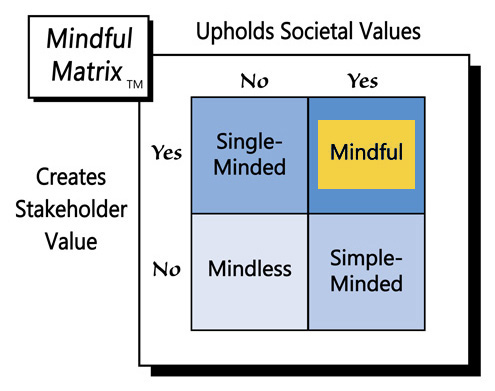
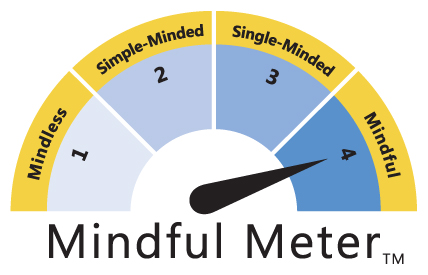

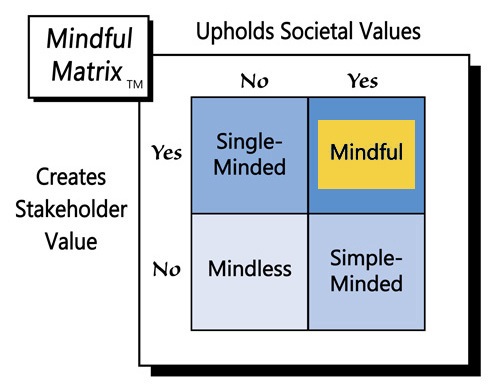
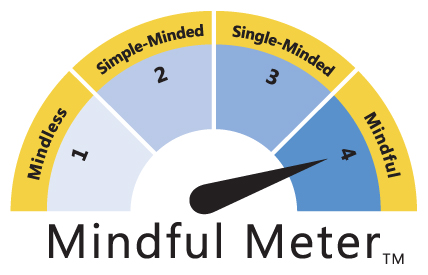

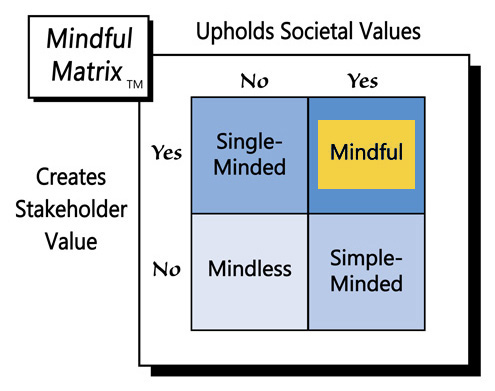
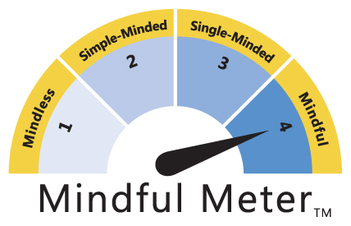
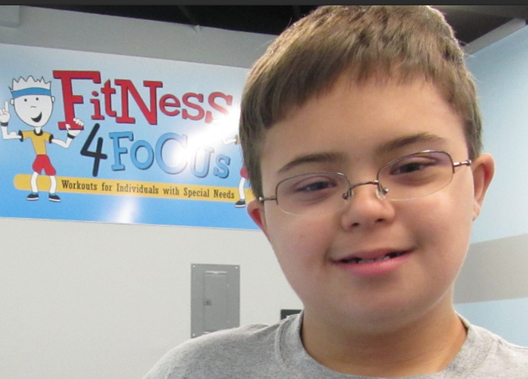
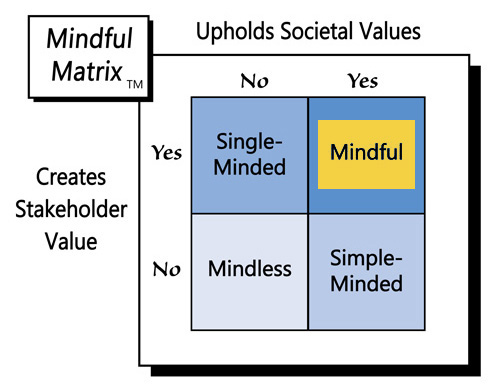
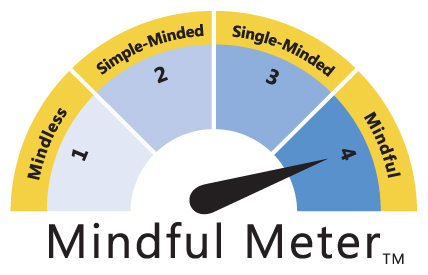
 RSS Feed
RSS Feed